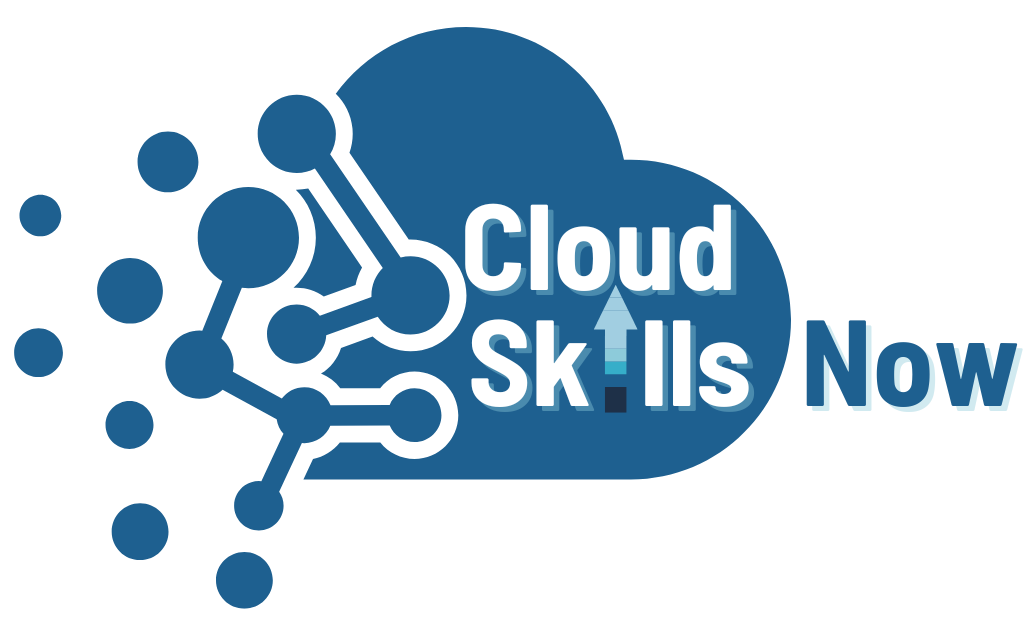ITIL® 4 Strategic Leader: Digital and IT Strategy (DITS)
- 3 Days Course
- Language: English
Introduction:
This course takes you on a digital strategy journey. Its iterative, eight-step model moves from “vision” through to “actions” and is about creating sustainable, digital momentum. You experience the four key capabilities to develop a holistic, digital capability framework: digital leadership, managing innovation and emerging technologies, risk management and structuring a digital enterprise.
This class includes an exam voucher.
Objectives:
By the end of this course, you will understand:
The internal and external factors to consider while crafting digital strategy
How IT strategy differs from digital strategy and how they can be integrated
Creating a digital strategy that achieves the most value from digital
Implementing and sustaining digital strategy
Developing and nurturing digital capabilities for continual business innovation and value co-creation
Course Outline:
1 – ITIL GUIDING PRINCIPLES TO ALL ASPECTS OF DIGITAL AND IT STRATEGY
- Focus on Value
- Start Where You Are
- Progress Iteratively with Feedback
- Collaborate and Promote Visibility
- Think and Work Holistically
- Keep It Simple and Practical
- Optimise and Automate
2 – LEVERAGE DIGITAL STRATEGY TO REACT TO DIGITAL DISRUPTION
- Digital Technology
- Digital Business
- Digital Organisation
- Digitisation
- Digital Transformation
- Business Strategy and Business Models
- Digital and IT Strategy
- Products
- Services
- Relationship Between Digital, IT Strategy and Components of ITIL SVS.
3 – RELATIONSHIP BETWEEN CONCEPTS OF DIGITAL AND IT STRATEGY, SERVICE VALUE SYSTEM AND SERVICE VALUE CHAIN
- Environmental Analysis
- External Analysis: PESTLE
- Internal Analysis: Four Dimensions of Service Management
4 – HOW AN ORGANISATION USES DIGITAL AND IT STRATEGY TO REMAIN VIABLE IN ENVIRONMENTS
- How an Organisation’s Viability is Related to Agile, Resilient, Lean, Continuous and Co-Creational it is
- How to Analyse the VUCA Factors and Address them in a Digital and IT Strategy
- Organisation’s Position in a Particular Market or Industry
- Digital Positioning Tool to Determine Appropriate Position for a Digital Organization
5 – EXPLAIN AND COMPARE THREE LEVELS OF DIGITAL DISRUPTION
- Ecosystem
- Industry/Market
- Organisational
- Influenced factors
- Achieving Customer/Market Relevance
- Achieving Operational Excellence
- Internal and External Focus
- Balanced Approach
6 – STRATEGIC APPROACHES BY DIGITAL AND IT TO ACHIEVE CUSTOMER/MARKET RELEVANCE AND OPERATIONAL EXCELLENCE
- How to Apply Approaches to Achieve Customer/Market Relevance
- Customer Journeys
- Omnichannel Delivery and Support
- Context-Sensitive Delivery and Support
- Customer Analytics
- Customer Feedback and 360° Approaches
- How to Achieve Operational Excellence in the Four Dimensions of Service Management
- Understand the Financial Aspects of Digital and IT Strategy in Terms of the Following
- Financial Policies
- Portfolio Optimization
- Funding Projects, Products and Services
- Balancing Cost of Innovation and Operation
- Charging Models
- Assess Strategic Approaches for Digital Organizations
7 – RISKS AND OPPORTUNITIES OF DIGITAL AND IT STRATEGY
- Concept of Risk Management in the Context of a Digital Organisation
- Context of Digital and IT Strategy
- Identify Risk
- Assess Risk
- Concept of Risk Posture and Show How to Determine an Acceptable Balance Between Opportunity and Risk
- Explain the Concept of Innovation, Including its Key Elements and Techniques
- Apply Techniques to Develop and Maintain a Culture of Innovation
8 – STEPS AND TECHNIQUES INVOLVED IN DEFINING AND ADVOCATING FOR DIGITAL AND IT STRATEGY
- How to Use Digital Readiness Assessment to Perform Gap Analysis Between an Organisation’s Current and Desired Positions Approaches for Scraping Data from Dynamic Websites
- How to Define and Communicate a Vision and a Strategy
- How to Use Business Cases to Advocate for a Digital and IT Strategy
9 – IMPLEMENTATION OF A DIGITAL AND IT STRATEGY
- How to Define Operating Models for Digital Organisations
- Major Skills Required of Leaders in Digital Organisation
- Apply Approaches to Strategy Coordination and Implementation:
- Large-Scale Transformation
- Incremental Transformation
- Mergers and Acquisitions
- Individual Changes
- Approaches to POMs (Parallel Operating Models)
- How to Assess Success of a Digital and IT Strategy
- Typical Activities of a Digital Transformation Programme
Enroll in this course
$5,149.19
